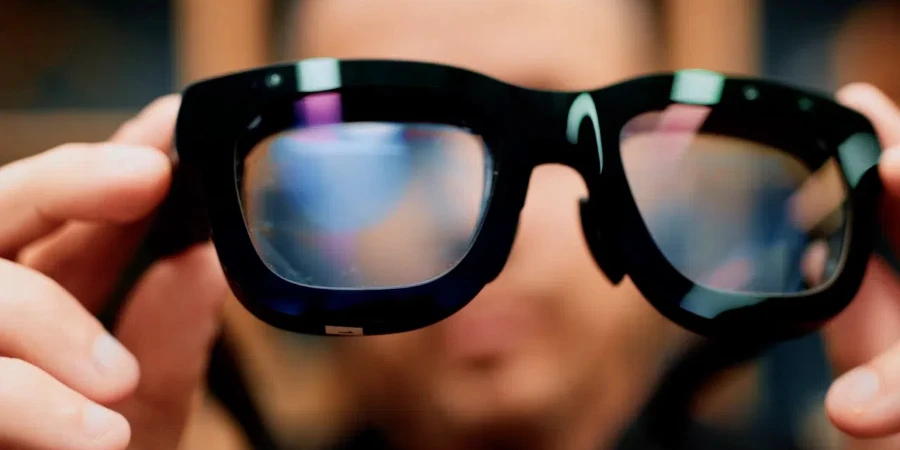In a groundbreaking study, researchers at Tokyo Metropolitan University are venturing into a new realm of emotional detection technology, setting the stage for devices that can interpret human emotions without the need for cameras. By examining long-term skin conductance measurements, the team has demonstrated that the electrical properties of our skin, which fluctuate due to perspiration, can accurately indicate emotional states.
Unlike conventional methods that heavily depend on facial expressions, this novel approach focuses on subtle variations in skin conductance to identify emotions. These changes occur within one to three seconds following an emotional trigger, providing a quick and discreet way to detect feelings. Such innovations could greatly lessen the reliance on facial recognition, making emotionally aware devices more accessible and respectful of privacy.
The research, spearheaded by Professor Shogo Okamoto, involved participants wearing skin probes while viewing videos intended to elicit specific emotions—scenes of fear from horror films, touching family moments, and comedic performances. The study uncovered intriguing patterns in emotional reactions. For example, the conductance linked to fear lasted the longest, likely an evolutionary response tied to increased alertness. Conversely, reactions to family bonding emerged more gradually, possibly reflecting a blend of complex feelings like joy and sadness.
Through statistical analysis, the researchers discovered they could differentiate between emotional states based on the characteristics of the skin’s response, such as the speed and duration of conductance changes. While the technology is not yet refined enough to interpret every emotion, these findings mark a significant advancement toward developing emotionally responsive devices.
The potential applications of this research are extensive. In the future, your smartphone or wearable device might be able to gauge your mood and provide personalized services—playing calming music when you’re anxious or recommending a comedy when you’re feeling down. This progress could transform how we interact with technology.





